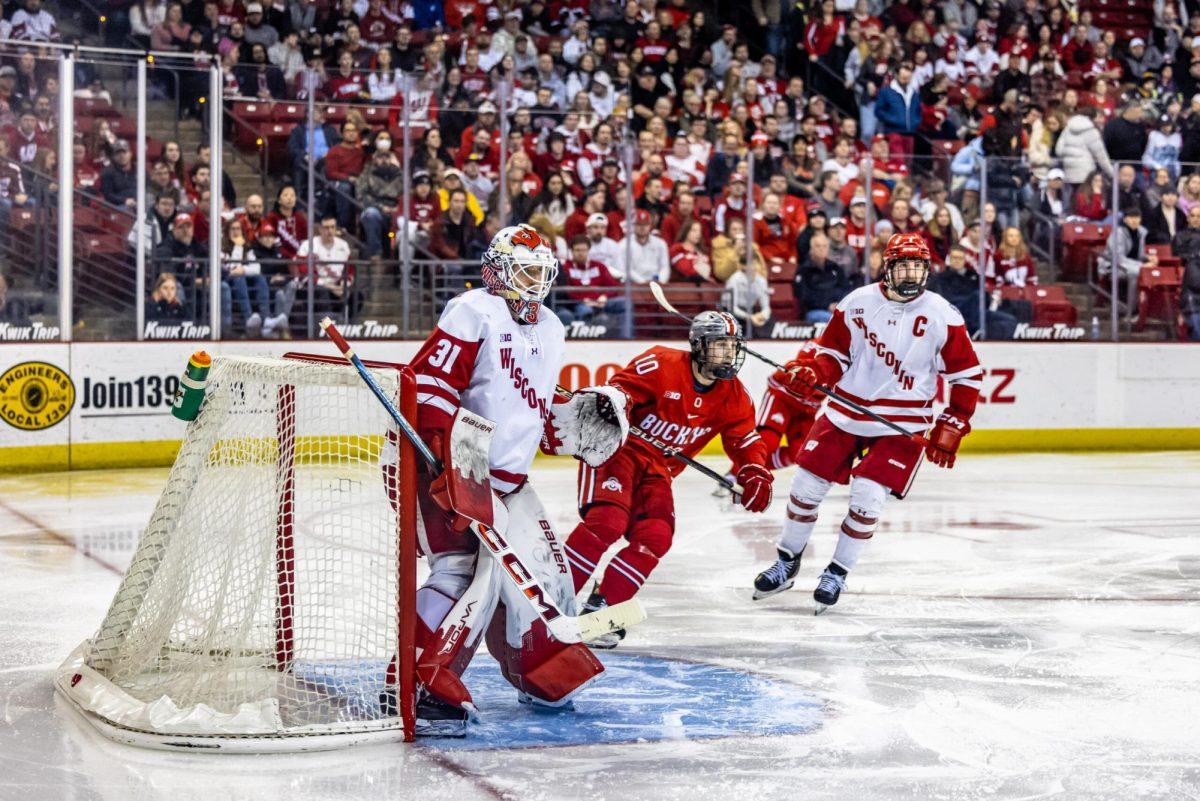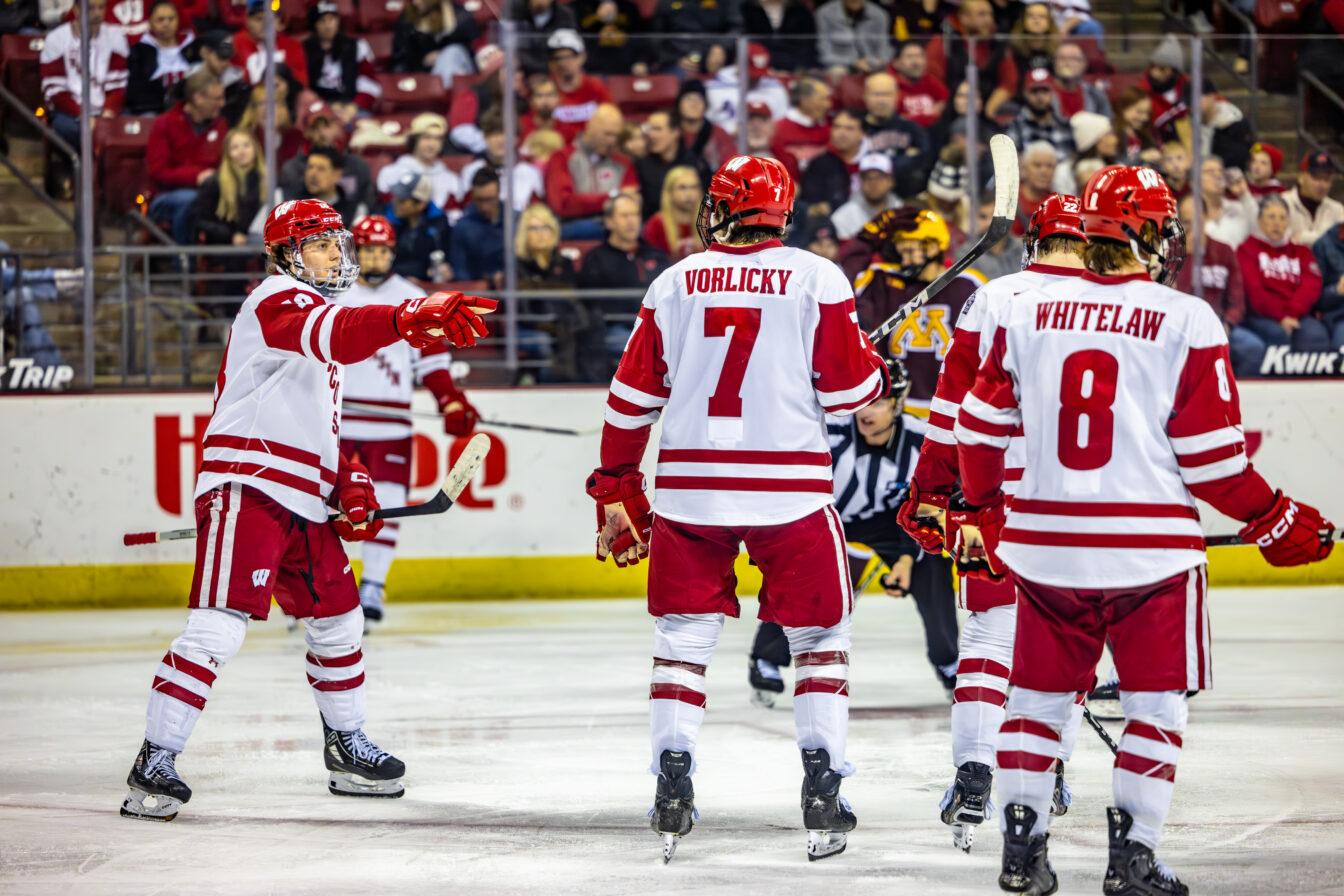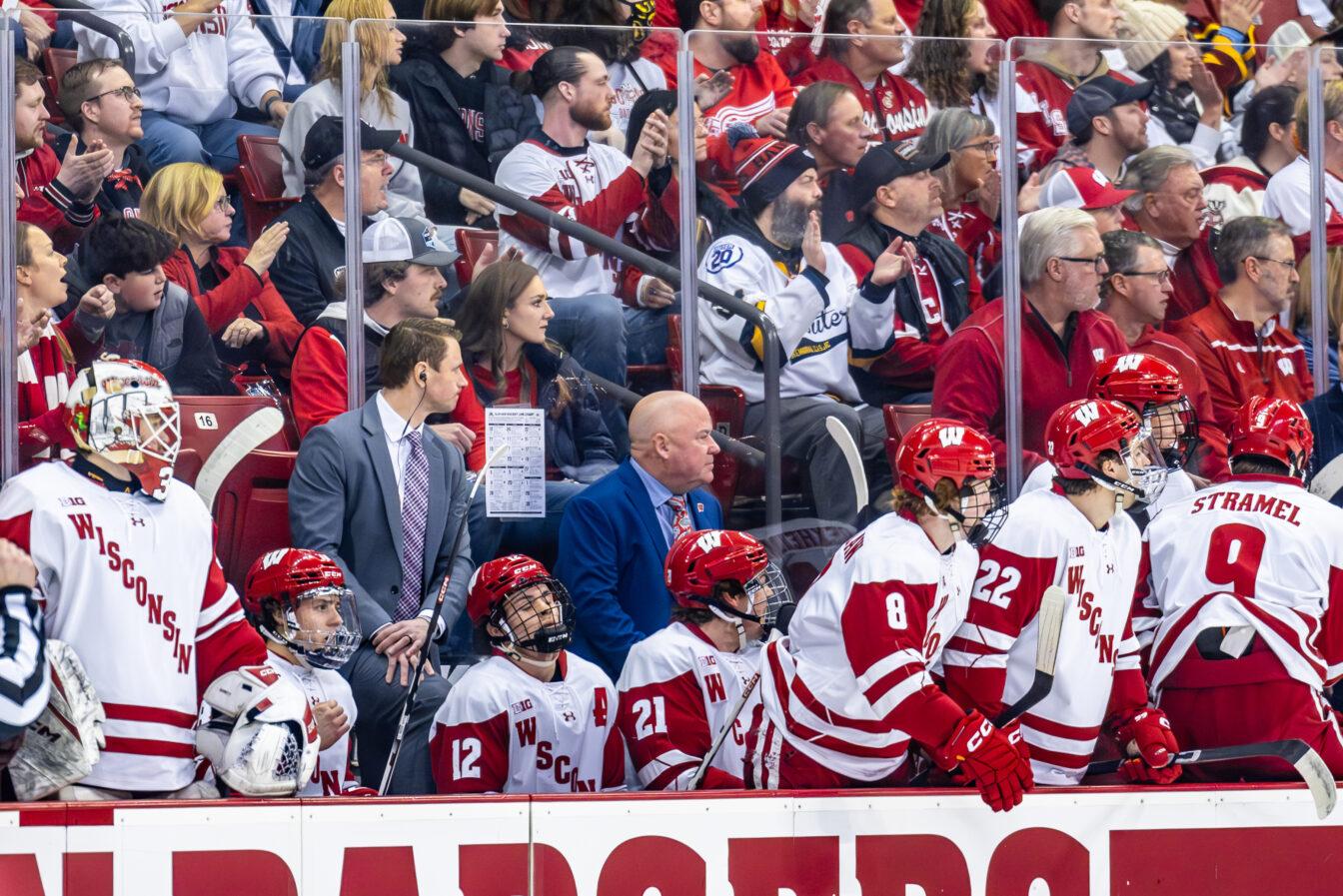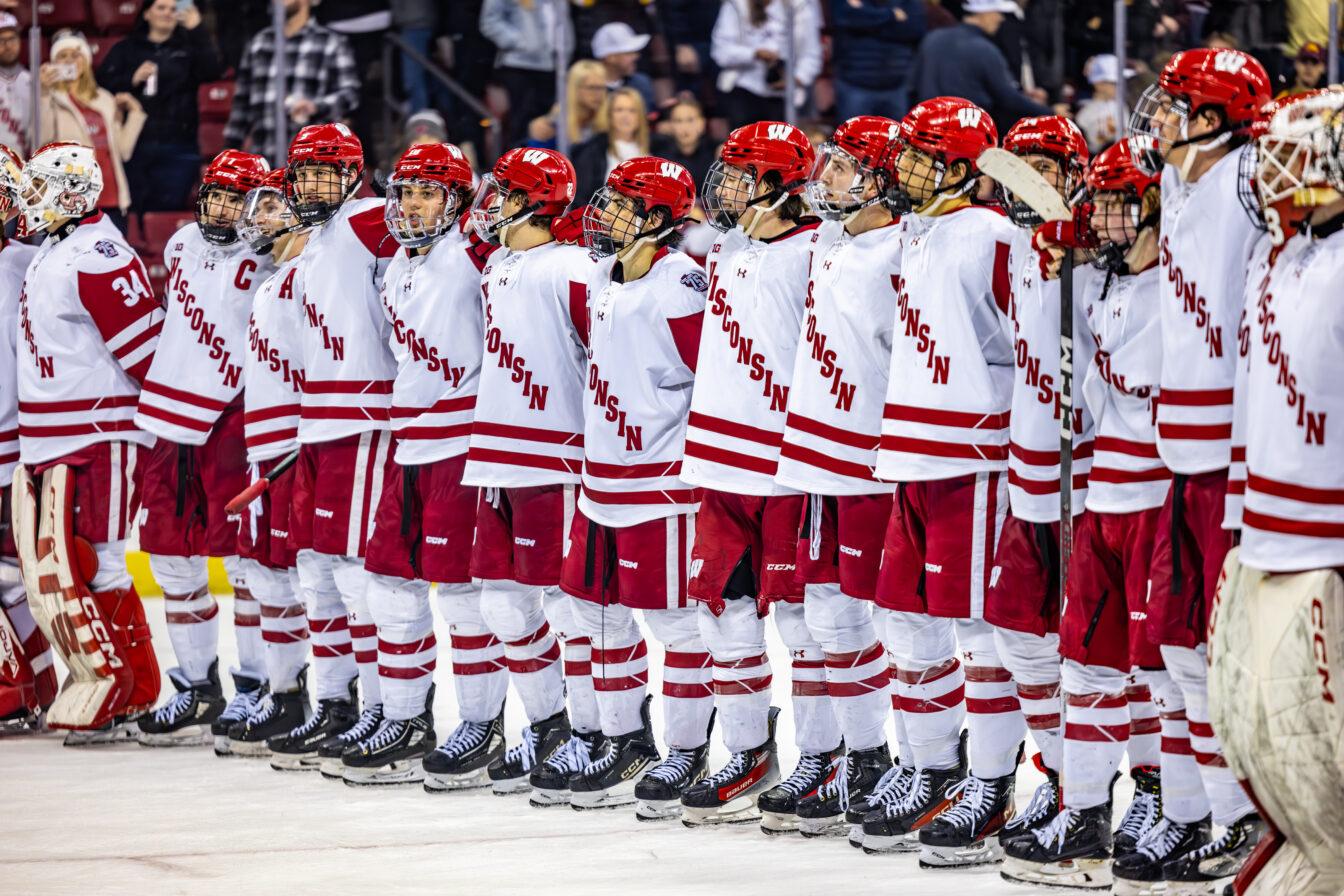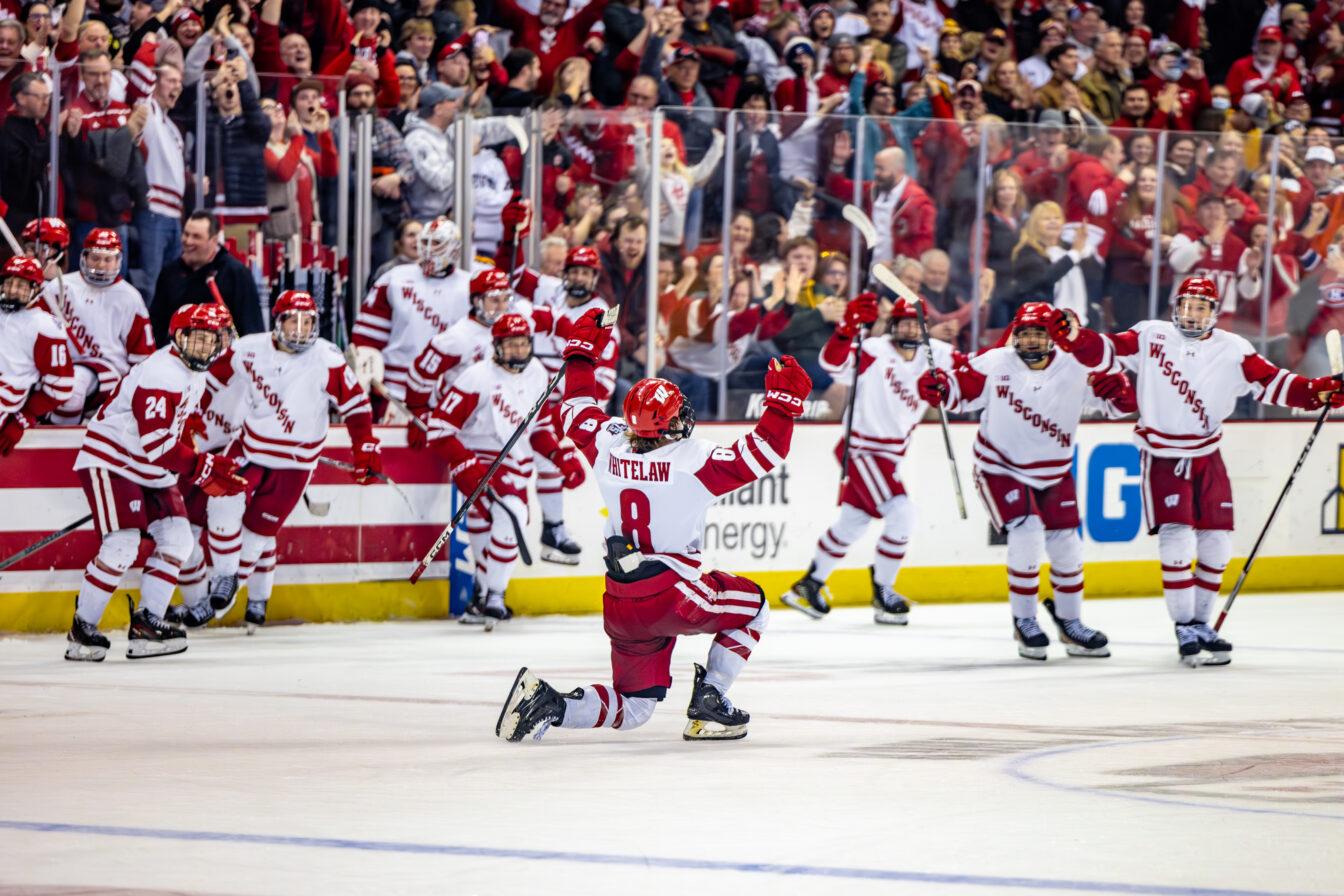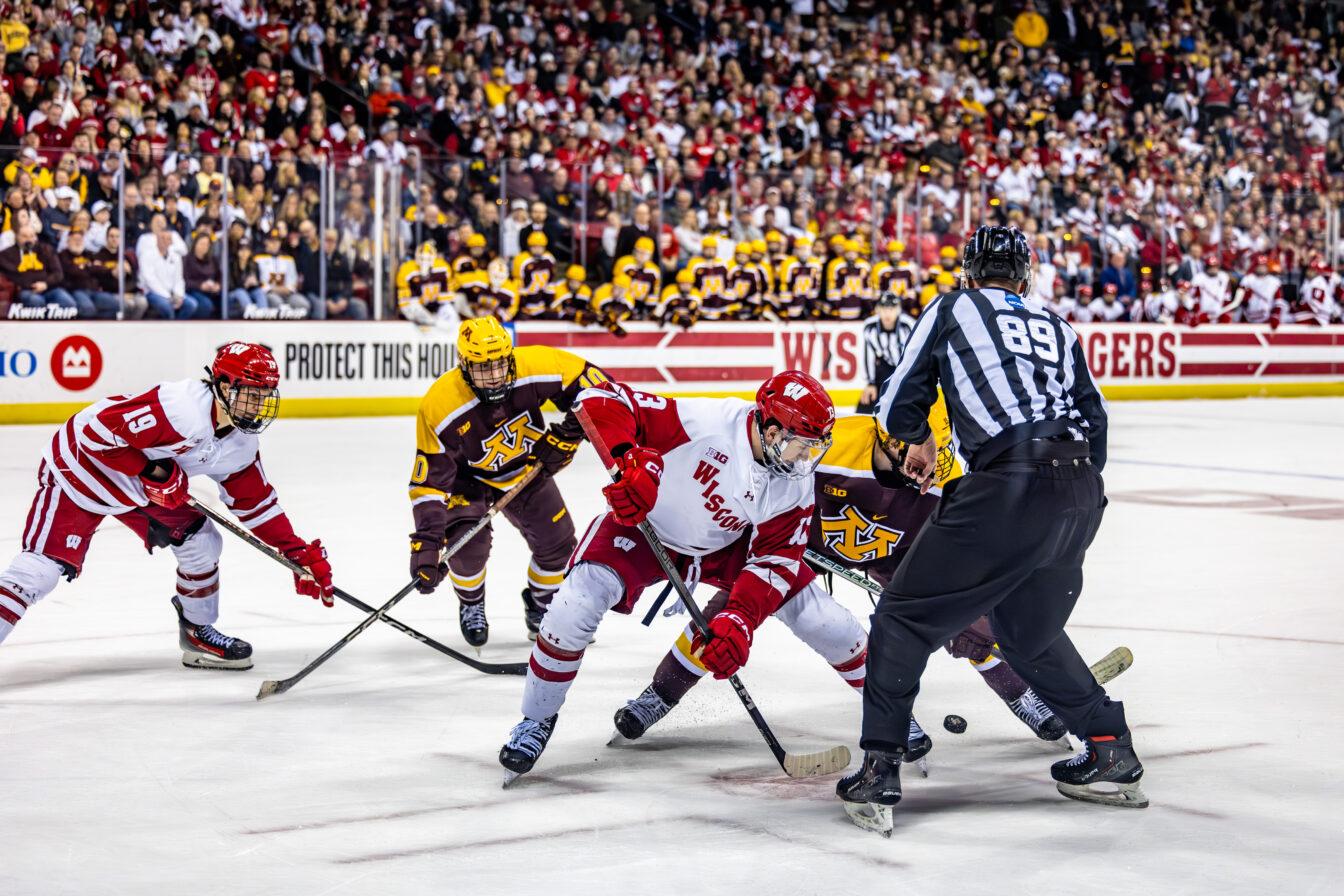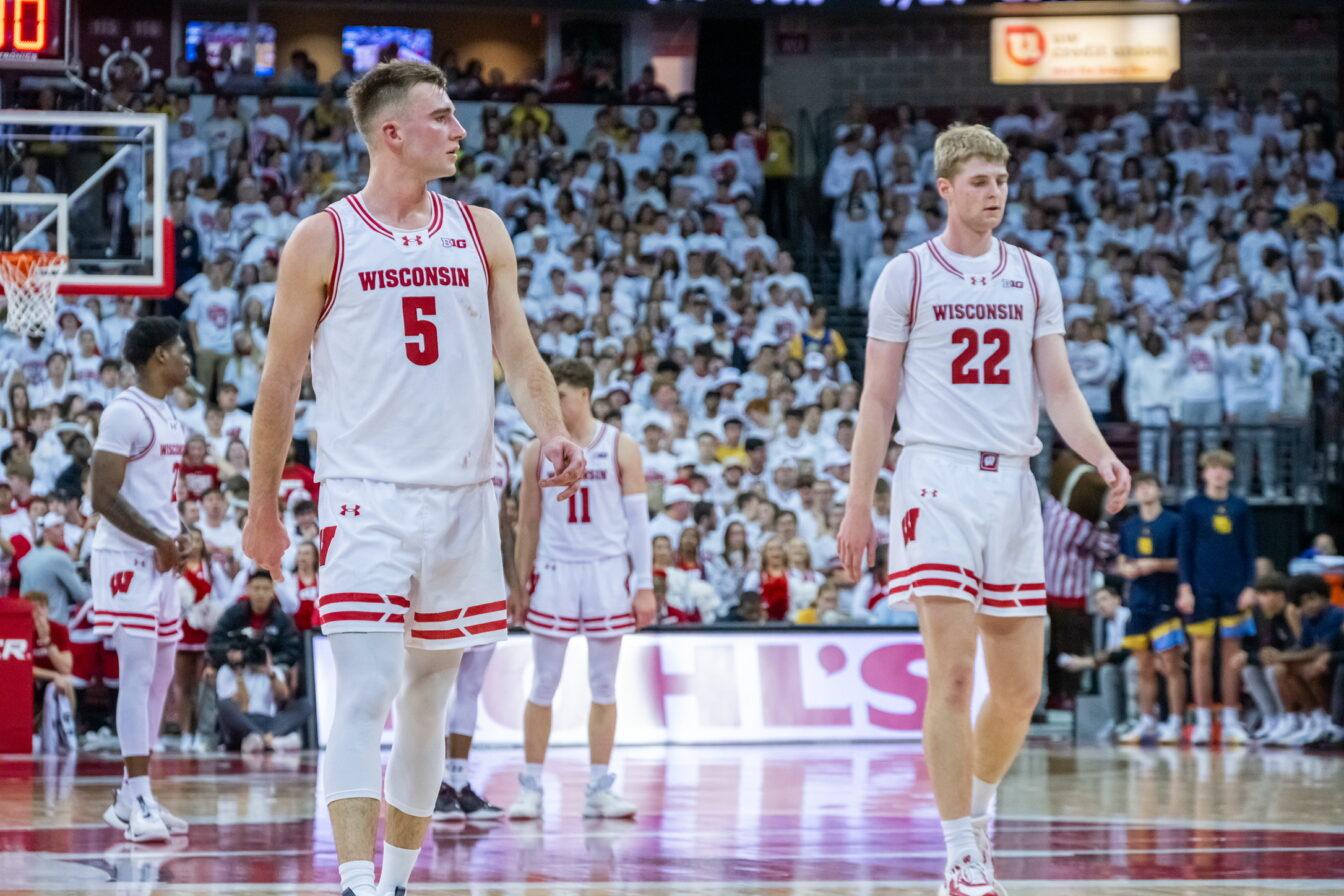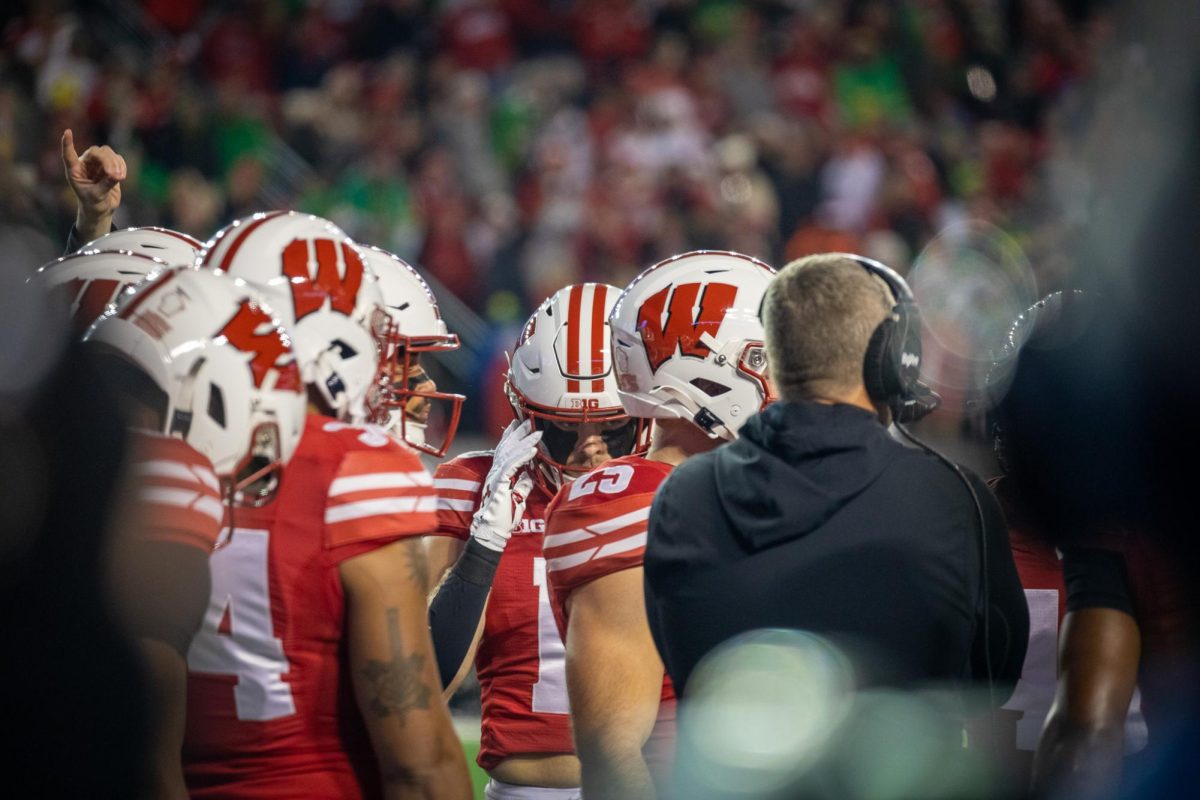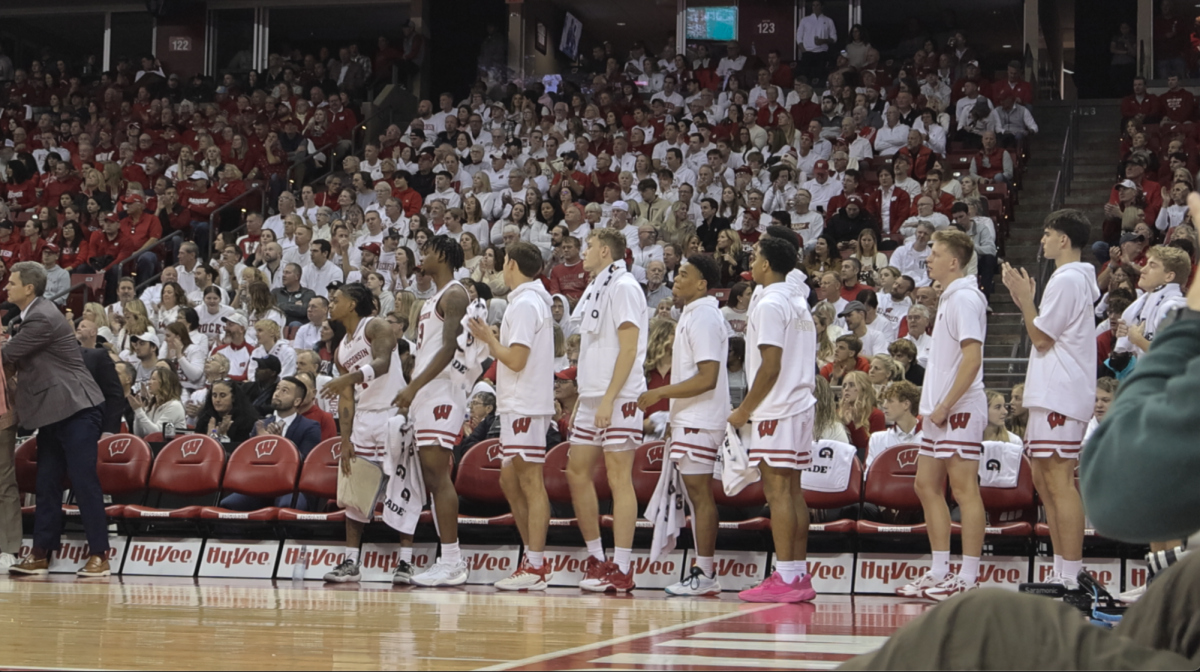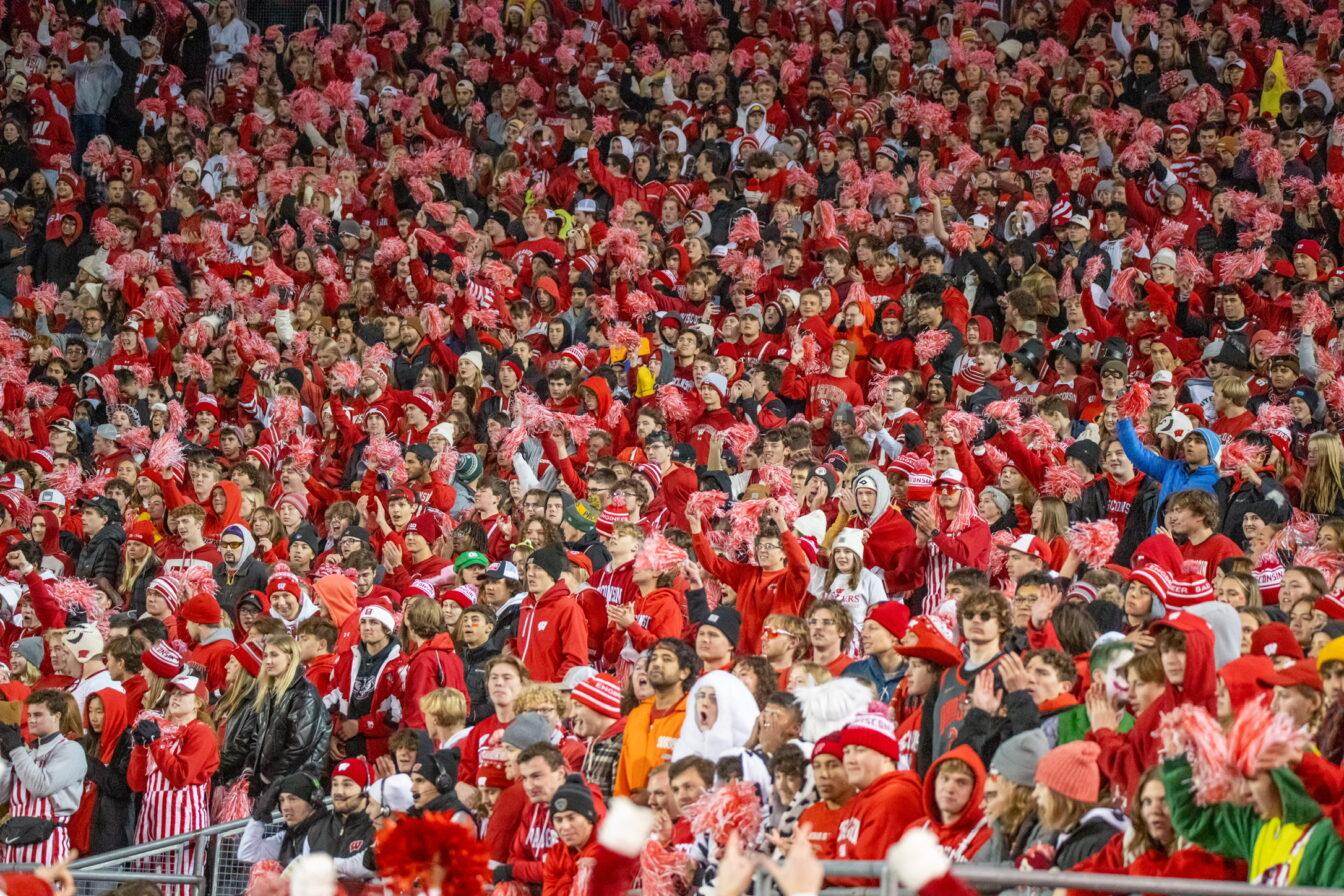
After an overtime wrap-around goal killed their season, the Wisconsin men’s hockey team boarded a plane home March 11 with the harsh reality of the offseason quickly setting in. The Badger Herald’s Kelly Erickson was eventually able to catch up with head coach Mike Eaves to discuss, at length, the Badgers’ volatile 17-18-2 season in this first of a four-part conversation. In the second part, Eaves will talk about defensive phenom Justin Schultz, his younger players in the third portion and rounds out the conversation looking towards next year in the fourth installment.
Kelly Erickson: How would you define this last season?
Mike Eaves: It was a unique season in terms of the tenure that we’ve had here. We just finished our 10th year, and it was unique in the fact that we were so young – two freshman goalies, 20 underclassmen – and going into the season we could say to each other that ‘OK, we know we’re going to be young and we’re going to have to teach and be patient,’ but then when the rubber hits the road and the verbage becomes a reality, you go ‘Wow, we’ve got a long way to go.’ And you know what? We came a long way. It was one of the most rewarding years as a staff because of where we started and where we ended. I said this during the course, especially late in the year, if it wasn’t for walking right by the standing boards every day, it almost surprised us that we were in ninth or 10th place. Man, it didn’t seem like that. I guess the reasons that we said that is we had been in the trenches with these young men and seen how far they had come, and we felt really good about that. The end product, when we were playing some of our best hockey at the end of the year and came up a dollar short and a day late and ran out of time, however you want to qualify it, and didn’t get to keep playing, that was the disappointing part.
KE: It being your 10th year, do you wish that it had ended differently?
ME: Well you always want to be playing at this time of year. It’s actually hard to watch the games on TV. I find myself watching then walking out of the room, then watching and walking out of the room because the difference between being there and not being there is a matter of an inch. We’re talking three or four games that we had different results, finding a way to get more goals. It’s hard watching this time of year, but it gives us hope for the future.
KE: Focusing on one of your breakout players this year, Mark Zengerle, did you see that coming?
ME: We were hoping. We saw the potential even as a freshman. He had five goals and 31 assists, 41 games, 36 points – you’re thinking, that’s not a bad freshman year. But there were areas where he needed to grow, he needed to shoot the puck more, to stop around the puck more and play more aggressive around the puck and be better defensively. He did all those things. His goals more than doubled, he had just about the same amount of assists, his shots on net doubled and his play away from the puck was much better. He was more responsible. We even started using him in penalty killing situations and key face offs. So he grew exponentially from his freshman year, but now you ask the question – and we will ask Mark this question – OK, where do you see yourself improving? We have ideas in our own heads, but we want to ask where [he] is at and kind of pick his brain a little bit and do this thing together because if we can have that growth again in certain areas of his game, then he’ll be world class.
KE: Is it good to hear from a guy like Zengerle that he’s “100 percent” coming back next year?
ME: As a younger coach, I would have said yes. As a coach that’s been through the trenches a little bit, I’ve heard that before and sometimes it happens and sometimes it doesn’t. Justin Schultz said the same thing and he was back. I believe Mark sees value in coming back, so I do believe the fact that Mark will be back. If he can take another step like he did this year, then he’s going to have a decision to make at the end of his junior year, but there are definitely areas that he can come back and improve. I think he senses that. The other thing is I think that third year of school, you get that third year under your belt, 90 percent of guys that get their third year done come back and finish. If you only get two years, only 50 percent of them come back. I think that resonates in Mark’s mind as well.


